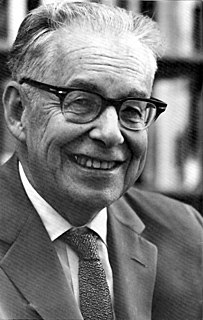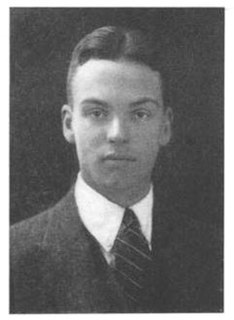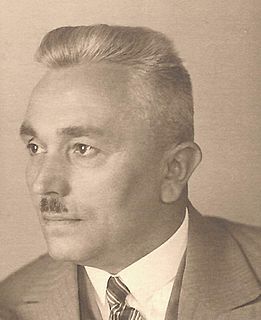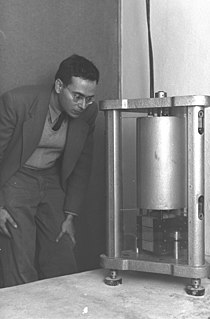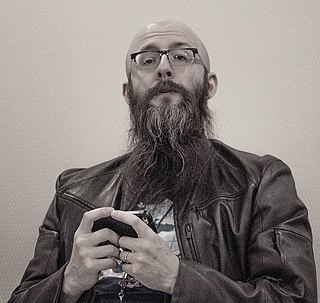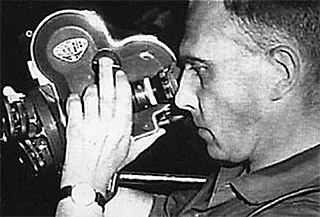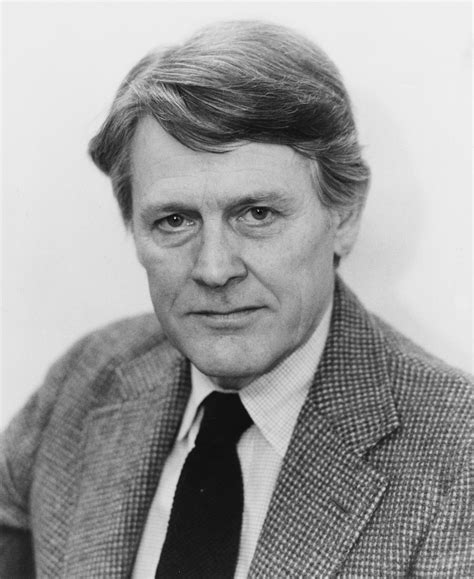Top 34 Gutenberg Quotes & Sayings
Explore popular Gutenberg quotes.
Last updated on December 22, 2024.
Today we take it for granted that the Bible is in our language. We forget that the Bible used to not be available to the common man. It's no wonder that TIME magazine recorded the number one event of the last 1,000 years was the Gutenberg printing of the Bible which made this book available in mass form to all people.
They've been screaming about the death of literacy for years, but I think TV is the Gutenberg [printing] press. I think TV is the only thing that keeps us vaguely in democracy even if it's in the hands of the corporate culture. If you're an artist you write in your time. Moaning about the fact that maybe people read more books a hundred years ago - that's not true. I think the same percentage has always read.
People are always saying it's the end of the Gutenberg era. More to the point, it's a return to an oral era. The Gutenberg galaxy was about the written word. At its best, the digital era is part of the rediscovery of the oral. At its worst, it's a Kafkaesque victory of the bureaucratic over the imagination.
Before Gutenberg, there was this really very strong oral storytelling culture where being able to relay stories from person to person was sufficient. And then, with the introduction of printing and mass communication, suddenly somebody had a lot of authority invested in the idea of a single canonical expression of a document or a piece of communication.
The solution was eventually found by Johannes Gutenberg, who made the breakthrough that finally established printing as the communication technology of the future. Similar ideas may have been under development around the same time in Prague and Haarlem. But in business, the key question is not about who else is in the race, it's about who gets there first. Johannes Gutenberg was the first to make the new technology work, ensuring his place in any history of the human race.
Writers today must navigate the shifting verbal currents of the post-Gutenberg era. When does jargon end and a new vernacular begin? Where's the line between neologism and hype? What's the language of the global village? How can we keep pace with technology without getting bogged down in buzzwords? Is it possible to write about machines without losing a sense of humanity and poetry?
While learning to code may have once been an arduous or expensive process, the college dropouts who developed Codecademy have democratized coding as surely as Gutenberg democratized text. Anyone can go to Codecademy and start learning and creating code through their simple, fun, interactive window, for free.
One of the stories I love is how Gutenberg’s printing press set off this interesting chain reaction, where all of a sudden people across Europe noticed for the first time that they were farsighted, and needed spectacles to read books (which they hadn’t really noticed before books became part of everyday life); which THEN created a market for lens makers, which then created pools of expertise in crafting lenses, which then led people to tinker with those lenses and invent the telescope and microscope, which then revolutionized science in countless ways.
